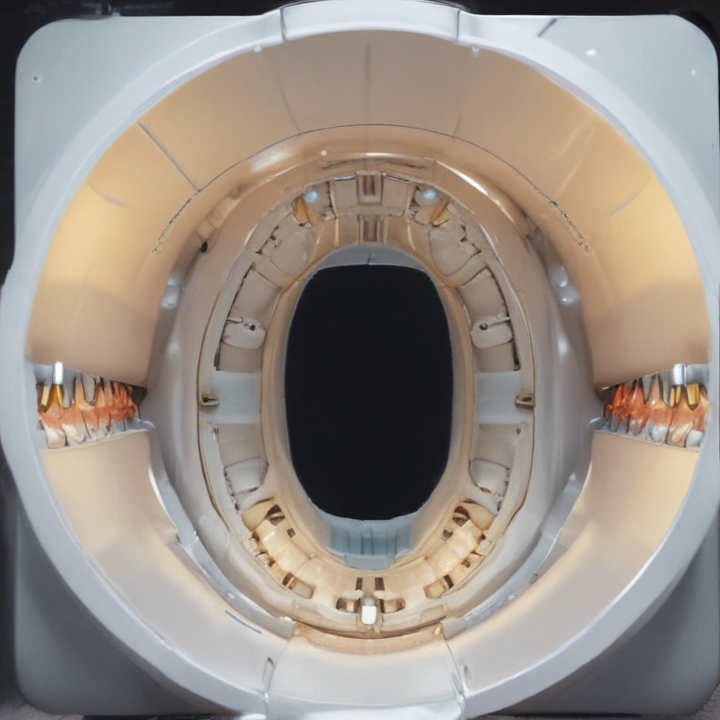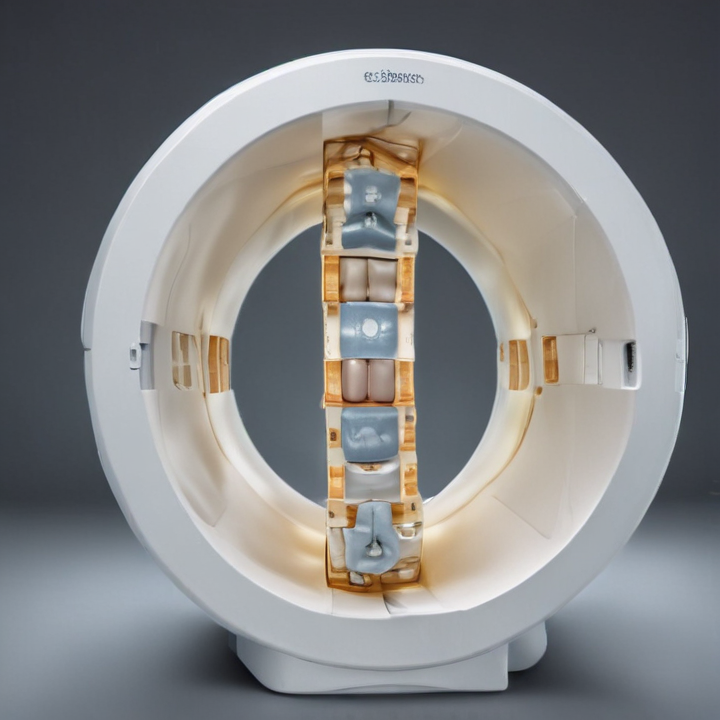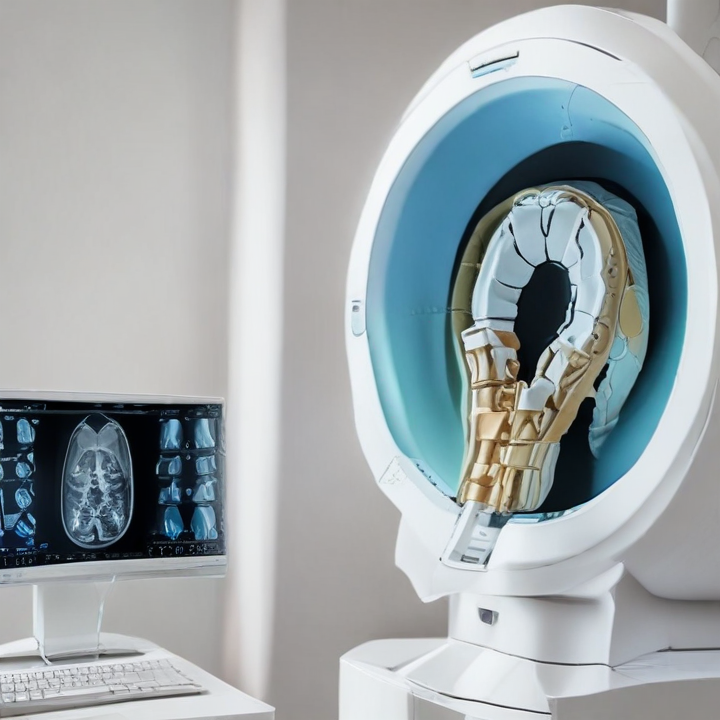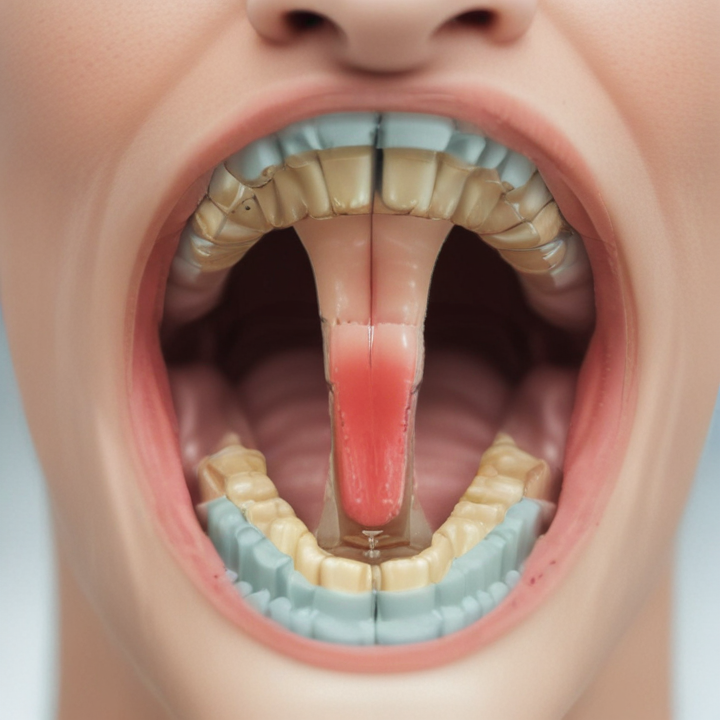cbct scan cost Safety Certifications
The cost of a Cone Beam Computed Tomography (CBCT) scan typically ranges from $227 to $388.50, depending on the size and complexity of the scan. Additional charges may apply for expedited reports or interpretation by an oral radiologist.
CBCT scans are often used in dental and maxillofacial imaging to provide detailed 3D images, aiding in the diagnosis and treatment planning for various conditions, including TMJ disorders, sinus issues, and orthodontic assessments.
Safety is a primary concern with CBCT scans due to the use of ionizing radiation. The radiation dose from a CBCT scan is higher than traditional dental X-rays but is generally considered low. To mitigate risks, dental professionals use protective measures such as lead aprons and collars, especially for vulnerable populations like pregnant women and children. Motion artifacts, financial considerations, and the potential for incidental findings are additional factors to consider.
Medicare may cover CBCT scans for patients over 65, particularly for conditions such as sleep apnea, TMJ disorders, and other medically necessary evaluations, helping to reduce out-of-pocket costs for eligible patients.
Overall, while CBCT scans are more costly than traditional dental X-rays, they offer significant diagnostic advantages, making them a valuable tool in modern dentistry.
List Reference Technical Parameters of "cbct scan cost"
When evaluating the cost of a CBCT (Cone Beam Computed Tomography) scan, several technical parameters and factors play a crucial role in determining the final price. Here are the key parameters:
1. Type of CBCT Machine:
- Field of View (FOV): Machines with a larger FOV, capable of capturing the entire jaw or skull, tend to be more expensive due to higher acquisition and maintenance costs.
- Resolution: Higher resolution scans provide more detailed images, often used for complex diagnostic purposes, which can increase the cost.
2. Scan Duration: The length of the scan can impact the price. Longer scans generally utilize more resources and time, increasing the cost.
3. Scan Complexity:
- Single vs. Multiple Scans: A single scan might be less expensive compared to multiple scans required for comprehensive diagnostic needs.
- Region Scanned: Scanning smaller regions (e.g., a single tooth or a part of the jaw) typically costs less than full-mouth or full-head scans.
4. Technological Features:
- Software Capabilities: Advanced imaging software for 3D reconstruction, measurement, and diagnostic analysis can add to the cost.
- Radiation Dose Reduction Technology: Machines with advanced radiation dose reduction features may be more costly due to their sophisticated technology.
5. Operator Expertise: The cost might vary depending on the expertise and qualifications of the radiologist or technician performing and interpreting the scan.
6. Geographical Location: Prices can vary significantly based on the region or country, reflecting differences in local economic conditions and healthcare pricing structures.
7. Facility Type:
- Private Clinics vs. Hospitals: Scans conducted in private dental clinics may have different pricing compared to those in hospitals or specialized imaging centers.
8. Insurance and Payment Options: The availability of insurance coverage and the specific terms of the insurance plan can affect the out-of-pocket cost for the patient.
These technical parameters collectively influence the overall cost of a CBCT scan, making it essential for patients to consider each aspect when seeking such diagnostic imaging services.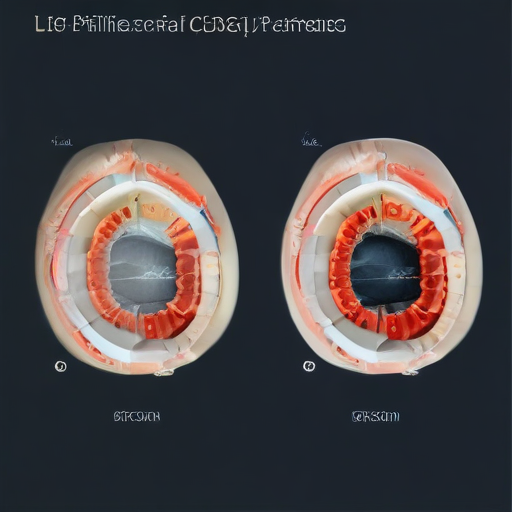
List Product features of "cbct scan cost"
Product Features: CBCT Scan Cost
1. Comprehensive Imaging: CBCT (Cone Beam Computed Tomography) provides 3D imaging, offering detailed visualization of dental and maxillofacial structures, crucial for diagnosis and treatment planning.
2. Varied Cost Range: The cost of a CBCT scan typically ranges from $150 to $600 depending on factors such as geographical location, provider, and the complexity of the scan.
3. Insurance Coverage: Some dental insurance plans may cover CBCT scans, especially if deemed medically necessary. Coverage varies widely, and patients should verify with their insurance provider.
4. Diagnostic Accuracy: CBCT scans offer high-resolution images that significantly enhance diagnostic accuracy compared to traditional 2D X-rays.
5. Low Radiation Exposure: Compared to conventional CT scans, CBCT involves lower radiation doses, making it a safer option for patients.
6. Efficient Workflow: The scan is quick, usually taking only 10-40 seconds, which facilitates efficient patient throughput and minimizes time spent in the clinic.
7. Pre-Surgical Planning: Essential for implant planning, orthodontics, and surgical procedures, providing precise anatomical details to guide treatment.
8. Specialized Applications: Utilized in various dental fields, including endodontics, periodontics, orthodontics, and maxillofacial surgery.
9. Patient Comfort: The procedure is non-invasive and painless, with minimal discomfort during the scan.
10. Digital Integration: Results are easily integrated into digital dental records and planning software, enhancing the efficiency of treatment planning and documentation.
11. Cost Transparency: Many providers offer detailed breakdowns of scan costs, allowing patients to understand what they are paying for and facilitating price comparisons.
12. Access to Advanced Technology: Provides access to cutting-edge diagnostic technology that may not be available in all dental practices.
By focusing on these features, patients can better understand the value and implications of CBCT scan costs in their dental care.
List Various Types of "cbct scan cost"
The cost of a CBCT (Cone Beam Computed Tomography) scan varies based on several factors such as the size of the scan and the geographic location. Here are some general cost estimates:
1. Size of the Scan:
- Small field of view (e.g., isolated temporomandibular joint): Approximately $127.
- Large field of view (one arch): Around $206.45.
- Large field of view (two arches): Approximately $288.50.
2. Additional Costs:
- An oral radiologist’s report typically costs an additional $100 for a 30-minute interpretation.
- Expedited reports may incur a surcharge of about $50.
3. Regional Variations:
- In some areas, such as parts of India, the cost for a CBCT scan can start from ₹2000 to ₹4500 (approximately $25 to $60) depending on the city and specific diagnostic centers.
4. Insurance and Financing:
- CBCT scans are often considered supplementary services and might not be fully covered by dental insurance plans. It's advisable to check with your insurance provider beforehand.
- Some dental practices offer financing options to help manage the cost, with payment plans available over several months to years.
CBCT scans provide detailed 3D images essential for various dental procedures, including implant placement, complex root canals, and orthodontic planning, making them a valuable investment despite the higher cost compared to traditional X-rays.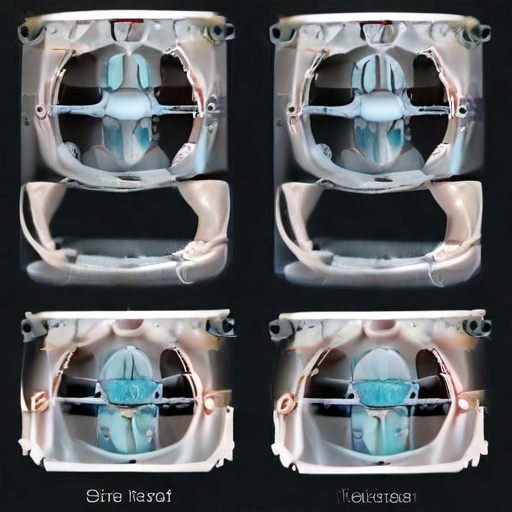
List Application of "cbct scan cost"
Cone Beam Computed Tomography (CBCT) scans are widely used in dental and medical fields due to their detailed three-dimensional imaging capabilities. Here are some key applications and considerations for CBCT scans:
1. Dental Implant Planning: CBCT scans provide precise images of the jawbone and surrounding structures, which are crucial for planning the placement of dental implants. They help in assessing bone quality and quantity, identifying the location of vital structures like nerves and sinuses, and determining the optimal implant sites.
2. Endodontics: In endodontics, CBCT scans are used to visualize complex root canal systems, detect periapical lesions, and assess the proximity of anatomical structures like the inferior dental canal and maxillary sinus. This detailed imaging aids in the diagnosis and treatment of tooth pathology that might be missed with traditional radiographs.
3. Orthodontics: CBCT scans assist orthodontists in evaluating craniofacial structures, planning orthodontic treatments, and monitoring the progress of tooth movement. The 3D images provide comprehensive information about tooth positioning, jaw alignment, and airway space.
4. Temporomandibular Joint (TMJ) Analysis: CBCT scans are valuable for diagnosing and managing TMJ disorders. They offer detailed views of the joint's bony components, helping to identify abnormalities, degenerative changes, and the relationship between the TMJ and surrounding structures.
5. Sinus Evaluation: CBCT is used to evaluate the paranasal sinuses, especially before surgical procedures. It helps in diagnosing sinus pathologies, planning sinus lifts, and assessing the relationship between the sinuses and the teeth.
6. Airway Analysis: CBCT scans are employed to assess the airway in patients with sleep apnea or other respiratory issues. They provide detailed information on airway volume and potential obstructions, aiding in diagnosis and treatment planning.
The cost of CBCT scans can vary significantly based on factors such as geographical location, the complexity of the scan, and the expertise of the practitioner. Typically, the cost ranges from $227 to $388.50 per scan. Despite the higher cost compared to traditional X-rays, CBCT scans offer unparalleled detail and accuracy, making them indispensable in various dental and medical applications.
For patients concerned about radiation exposure or cost, alternative imaging methods such as traditional dental X-rays, panoramic radiographs, or MRIs can be considered, depending on the clinical requirements and specific patient conditions.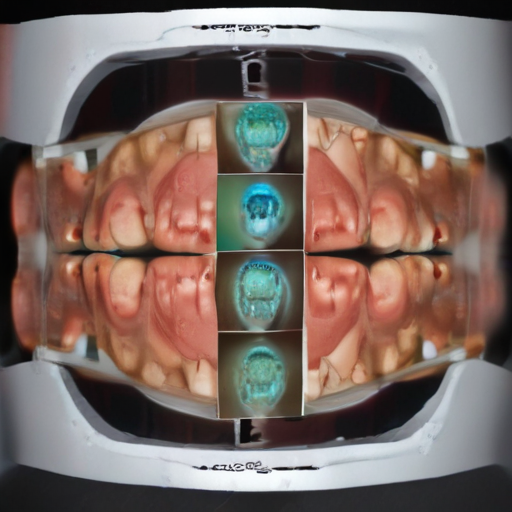
List Buyer Types of "cbct scan cost"
When examining the buyer types for "CBCT scan cost," several distinct groups emerge, each with unique motivations and needs:
1. Healthcare Providers: This group includes dentists, orthodontists, and maxillofacial surgeons who use CBCT scans for diagnostic and treatment planning purposes. Their interest in cost revolves around balancing quality and affordability to offer competitive services to their patients.
2. Hospitals and Clinics: Larger healthcare institutions may seek to integrate CBCT technology to enhance their imaging capabilities. Their purchasing decisions are influenced by budget constraints, potential ROI, and the need to provide comprehensive care services.
3. Individual Patients: Patients requiring detailed dental or maxillofacial imaging might search for cost information to compare prices across different providers. They are concerned with affordability, insurance coverage, and the overall value of the service provided.
4. Insurance Companies: Insurers need to understand the costs associated with CBCT scans to determine coverage options, set reimbursement rates, and manage overall healthcare expenses.
5. Medical Equipment Distributors: These entities look at CBCT scan costs to establish pricing strategies, negotiate with manufacturers, and offer competitive rates to their customers, including healthcare providers and institutions.
6. Research Institutions: Universities and research centers that conduct studies in dental and medical fields may need to budget for CBCT scans as part of their project expenses. Cost considerations are crucial for grant applications and funding allocation.
7. Government Health Departments: Public health agencies may analyze CBCT scan costs to inform policy decisions, subsidize healthcare services, and ensure that advanced imaging technology is accessible to a broader population.
Understanding these buyer types helps in tailoring marketing strategies, pricing models, and service offerings to meet the specific needs of each group effectively.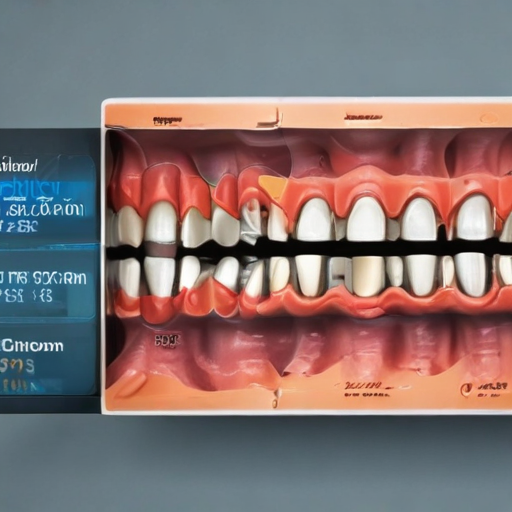
List "cbct scan cost" Project Types for Different Industries
CBCT (Cone Beam Computed Tomography) scans are utilized across various industries for different project types, often related to detailed 3D imaging needs. Here's a brief overview:
Dental and Orthodontics
- Diagnostic Imaging: Used to assess dental health, root structures, and jawbone condition.
- Implant Planning: Essential for planning precise implant placements.
- Orthodontic Assessments: Helps in planning and monitoring orthodontic treatments.
Medical and Healthcare
- Head and Neck Imaging: Utilized for detailed examination of sinuses, ear, nose, and throat.
- Spinal and Skeletal Analysis: Assists in diagnosing spinal conditions and planning surgeries.
- Cancer Treatment Planning: Used in radiotherapy planning to target tumors precisely.
Veterinary Medicine
- Animal Dentistry: Applied in diagnosing dental issues in pets.
- Orthopedic Assessments: Helps in evaluating bone fractures and joint issues in animals.
Industrial Non-Destructive Testing (NDT)
- Quality Control: Used to inspect internal structures of components without damaging them.
- Material Analysis: Helps in examining composite materials for defects or structural integrity.
- Archaeological Studies: Employed to examine artifacts and fossils without causing damage.
Research and Development
- Biomedical Research: Utilized in studying detailed anatomical structures in biological research.
- Material Science: Helps in analyzing the internal composition and properties of new materials.
Forensic Science
- Accident Reconstruction: Used to analyze injury mechanisms in forensic investigations.
- Human Identification: Assists in identifying remains through detailed skeletal imaging.
Construction and Geotechnical Engineering
- Subsurface Imaging: Used for soil and rock analysis in construction projects.
- Structural Integrity Assessment: Helps in evaluating the condition of old buildings and infrastructure.
Each of these project types leverages the high-resolution 3D imaging capabilities of CBCT scans to provide detailed insights that are crucial for precise diagnostics, planning, and quality control in their respective fields.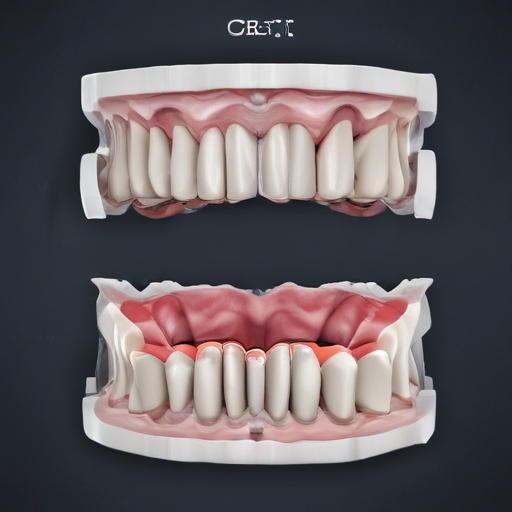
cbct scan cost Accessories Upgrades and Custom Manufacturing Options
The cost of a CBCT (Cone Beam Computed Tomography) scan varies significantly depending on the type of machine, its capabilities, and additional features. Basic CBCT scanners can start around $50,000, while high-end models with advanced features can exceed $200,000. Here's a brief overview of accessories, upgrades, and custom manufacturing options:
Accessories:
1. Patient Positioning Devices: These include headrests, chin supports, and bite blocks to ensure accurate and comfortable positioning during scans.
2. Imaging Software: Advanced software options can provide enhanced imaging capabilities, such as 3D reconstruction, implant planning, and orthodontic analysis.
3. Workstations: Dedicated workstations with high-resolution monitors and specialized hardware for efficient image processing and review.
Upgrades:
1. Higher Resolution Sensors: Upgrading to sensors with higher resolution can provide clearer images, which are crucial for detailed diagnostic tasks.
2. Extended Field of View (FOV): Some CBCT machines offer upgrades to extend the field of view, allowing for larger area scans, which is beneficial for orthodontics and oral surgery.
3. Dose Reduction Technology: Upgrading to systems with advanced dose reduction technology can minimize radiation exposure while maintaining image quality.
4. Cloud Integration: Upgrades for cloud storage and sharing can facilitate better collaboration between dental professionals and streamline patient data management.
Custom Manufacturing Options:
1. Tailored FOV Sizes: Custom manufacturing can allow for specific field of view sizes to cater to particular clinical needs, whether for endodontics, periodontics, or maxillofacial surgery.
2. Customizable Software Packages: Manufacturers can offer software that is tailored to the specific needs of a practice, such as endodontic analysis tools or implant planning modules.
3. Aesthetic Customizations: For practices focusing on a specific patient demographic or branding, aesthetic customizations like color and design can be made to match the clinic’s interior.
These options ensure that CBCT systems can be tailored to meet the specific needs of any dental practice, enhancing both diagnostic capabilities and patient care.
List Quality Control and The Manufacturing Process of "cbct scan cost"
Quality Control and Manufacturing Process of CBCT Scanners
Manufacturing Process:
1. Design and Development:
- The process begins with extensive research and development. Engineers design the CBCT (Cone Beam Computed Tomography) scanner using CAD software, ensuring precision and adherence to medical standards.
2. Component Manufacturing:
- Individual components such as the X-ray tube, detector, gantry, and patient positioning system are manufactured. These parts are often produced using CNC machining, injection molding, and other precision manufacturing techniques.
3. Assembly:
- The components are then assembled in a clean room environment to prevent contamination. Technicians integrate the X-ray tube, detector array, and mechanical parts, ensuring precise alignment.
4. Software Integration:
- Proprietary software is installed and calibrated to control the scanner, process images, and interface with other medical systems. This step involves rigorous testing to ensure the software functions correctly with the hardware.
5. Calibration and Testing:
- The assembled unit undergoes calibration to ensure accurate imaging performance. This involves adjusting the X-ray source, detector sensitivity, and mechanical alignment.
Quality Control:
1. Component Inspection:
- Each component undergoes stringent inspection for defects using various methods, including visual inspection, measurements, and non-destructive testing (NDT).
2. Assembly Verification:
- During assembly, checkpoints are established to verify the proper integration of components. Technicians ensure all parts are correctly installed and functioning.
3. Functional Testing:
- The assembled CBCT scanner undergoes extensive functional testing. This includes running the machine through typical operational cycles, checking for image clarity, accuracy, and system stability.
4. Safety Testing:
- Safety protocols are tested to ensure patient and operator safety. This includes verifying radiation levels, emergency stop functions, and electrical safety.
5. Final Inspection and Certification:
- A final inspection is performed to ensure the scanner meets all regulatory standards and specifications. The device is certified by quality control engineers before shipment.
6. Ongoing Quality Assurance:
- Post-production, ongoing quality assurance activities include monitoring field performance, gathering user feedback, and making iterative improvements to the design and manufacturing process.
This structured approach ensures that CBCT scanners are reliable, safe, and produce high-quality diagnostic images.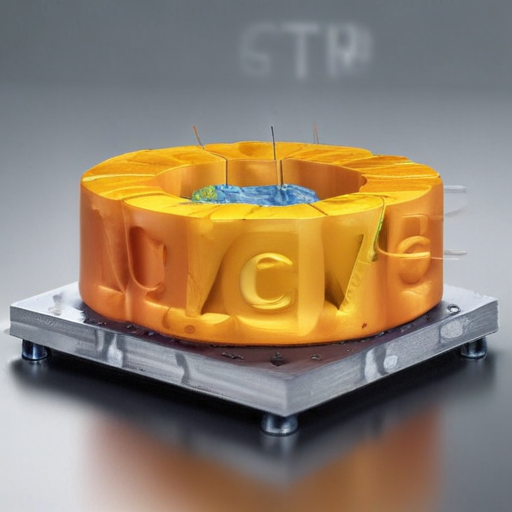
How to use "cbct scan cost"
"CBCT scan cost" refers to the expense associated with a Cone Beam Computed Tomography (CBCT) scan, which is a specialized type of X-ray used primarily in dental and maxillofacial practices. When discussing or researching CBCT scan costs, consider the following points:
1. Understanding CBCT Scans:
- CBCT scans provide 3D images of teeth, bone structures, and soft tissues.
- They are used for precise diagnosis and treatment planning, such as in dental implant placement, orthodontics, and assessing jaw disorders.
2. Factors Influencing Cost:
- Geographical Location: Costs can vary significantly by region and country.
- Facility Type: Costs may differ between private dental offices, hospitals, and specialized imaging centers.
- Scan Complexity: The extent and detail of the scan required can affect pricing.
3. Cost Range:
- On average, CBCT scans can cost anywhere from $150 to $700.
- In some cases, comprehensive scans might exceed this range.
4. Insurance Coverage:
- Check with your insurance provider to see if CBCT scans are covered under your dental or medical plan.
- Coverage can vary, and some insurers may require pre-authorization.
5. Cost Comparison:
- It’s advisable to compare costs from different providers.
- Ask for a detailed breakdown of the costs to understand what is included.
6. Payment Plans and Discounts:
- Some dental offices offer payment plans or financing options.
- Discounts may be available for upfront payments or through dental discount plans.
7. Consulting Your Dentist:
- Your dentist can provide recommendations on where to get the scan and discuss the necessity and benefits of the CBCT scan in your specific case.
By considering these factors, you can make an informed decision about getting a CBCT scan and managing the associated costs effectively.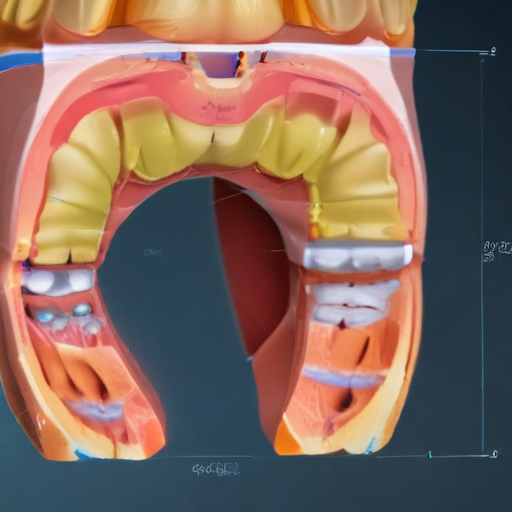
"cbct scan cost" Comparative Analysis
The cost of a Cone Beam Computed Tomography (CBCT) scan varies significantly based on several factors, including the size of the scan, geographical location, and specific dental practice. Typically, the cost ranges from $227 to $388.50. For smaller scans focused on a specific area, such as a sextant or a temporomandibular joint, costs can be around $127, while larger scans covering one or both dental arches can cost approximately $206.45 to $288.50.
CBCT scans are highly valued for their ability to produce detailed 3D images of dental structures, which is crucial for accurate diagnosis and treatment planning. These scans are particularly beneficial for complex dental procedures like implants, orthodontics, and evaluating impacted teeth. However, they are more expensive than traditional 2D dental X-rays, which only provide a limited view of dental structures.
The expense of a CBCT scan is often justified by its benefits, including improved diagnostic accuracy and better treatment outcomes. Despite the higher cost, many patients find the investment worthwhile due to the detailed information these scans provide, which can lead to more effective and efficient dental care.
Radiation exposure from CBCT scans is relatively low compared to traditional CT scans, and advancements in technology have further minimized this exposure. The exposure from a CBCT scan is often comparable to a few days of natural background radiation, making it a safer option for patients concerned about radiation risks.
Overall, while the cost of a CBCT scan can be higher than other imaging methods, its detailed diagnostic capabilities make it a valuable tool in modern dentistry. Patients should discuss with their dental provider to understand the benefits and determine if it is the right choice for their specific needs.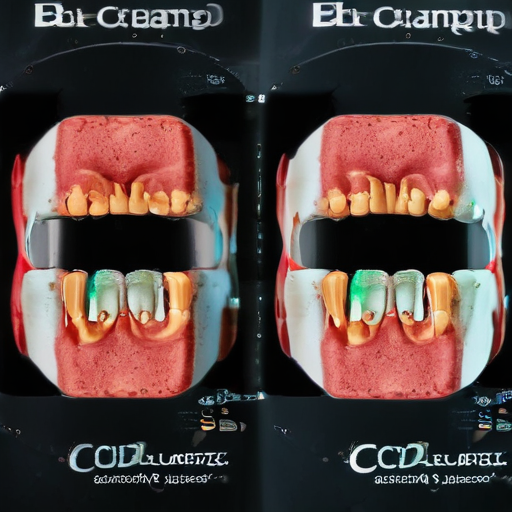
"cbct scan cost" Warranty and Support
The cost of CBCT (Cone Beam Computed Tomography) scans and machines varies significantly based on several factors, including the machine's features, field of view (FOV), and whether the equipment is new or pre-owned.
Cost of CBCT Machines:
New CBCT machines typically range between $50,000 and $100,000 for small to mid-sized units. The price can increase based on additional features like cephalometric attachments or advanced imaging software. For example, Vatech CBCT machines with a medium FOV usually cost between $75,000 and $100,000. Similarly, the Carestream 9600, a high-end model with advanced features like AI-powered positioning, can cost around $74,250.
Pre-owned CBCT machines are a more affordable option, often priced between $34,995 and $50,000, depending on the unit's age, condition, and usage.
Cost of CBCT Scans:
The cost for patients undergoing a CBCT scan varies by location and the complexity of the scan. Typically, the price ranges from $227 to $388.50. This cost includes the scan itself and the radiologist's interpretation of the results. Expedited processing of the results can incur additional fees.
Warranty and Support:
When purchasing a CBCT machine, warranty and support are crucial considerations. For example, Rayscan offers a 10-year warranty on their Alpha Plus models, which also includes a 24/7 system health monitoring service. These extended warranties can significantly impact the overall cost of ownership but provide peace of mind and protect the investment over a longer period.
It’s advisable to discuss these details with the supplier to understand what the warranty covers, including parts, labor, and software updates, to ensure comprehensive support for your CBCT system.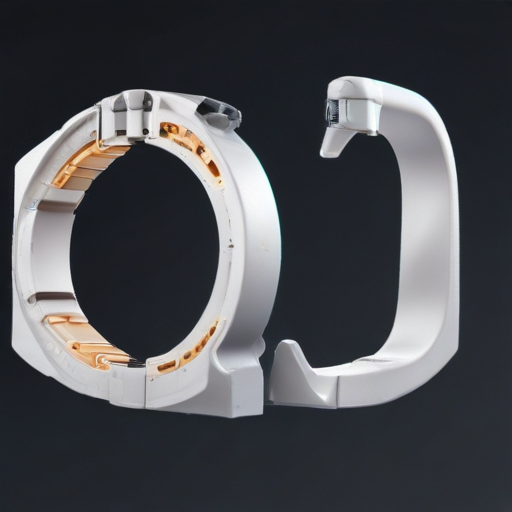
List "cbct scan cost" FAQ
CBCT Scan Cost FAQ
1. What is a CBCT scan?
A Cone Beam Computed Tomography (CBCT) scan is an advanced imaging technique that produces 3D images of your teeth, soft tissue, and jaw structure. It is widely used in dentistry for diagnosing complex problems with high accuracy.
2. How much does a CBCT scan cost?
The cost of a CBCT scan varies depending on several factors, including location, type of medical facility, and the specific machine used. Generally, prices range from $250 to $600. In some areas, such as Ontario, costs can be around $227 to $388.50.
3. Is the CBCT scan covered by insurance?
Coverage depends on the purpose of the scan and your specific insurance plan. Scans deemed medically necessary are more likely to be covered. However, scans for elective or cosmetic purposes typically require out-of-pocket payment.
4. What are the benefits of a CBCT scan?
CBCT scans offer highly detailed 3D images, helping dentists diagnose issues more accurately and plan treatments like implants and orthodontics more effectively. They use lower radiation doses compared to traditional CT scans, making them a safer option.
5. Are there any risks associated with CBCT scans?
While the radiation exposure from a CBCT scan is relatively low, it is still a concern for pregnant women. Always inform your dentist of any medical conditions that might affect the scan. Motion during the scan can also result in less clear images, so staying still is crucial.
6. What should I expect during a CBCT scan?
The procedure is quick and non-invasive. You will be seated or standing while the machine rotates around your head, capturing images in seconds to a few minutes. It’s important to remain still to avoid motion artifacts.
7. Can a CBCT scan be done at home?
Yes, mobile CBCT scan units are available, which can be set up at a dentist’s office or a patient's home, providing convenience and eliminating the need for travel.
8. Are there alternatives to a CBCT scan?
Alternatives include traditional dental X-rays, panoramic radiographs, and MRIs, each with its own benefits and limitations. The choice depends on the specific dental issue and the detail required.
For more detailed information, please consult with your dental provider or refer to your insurance policy regarding coverage specifics.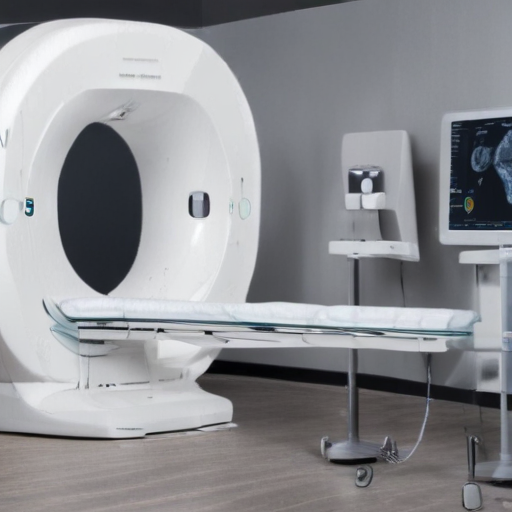
Top 10 FAQ with answer about cbct scan cost for Buyer Sourcing from China
Top 10 FAQs about CBCT Scan Cost for Buyer Sourcing from China
1. What is the average cost of a CBCT scan in China?
- The average cost of a CBCT scan in China ranges from $100 to $300, depending on the region and the facility.
2. Are there additional fees apart from the scan itself?
- Yes, additional fees can include consultation fees, image analysis, and report generation. These can add an extra $50 to $100 to the total cost.
3. Does the cost vary between public and private clinics?
- Yes, public clinics generally offer lower prices compared to private clinics. Public clinics might charge around $100, while private clinics can charge up to $300.
4. Are discounts available for bulk or repeat scans?
- Many facilities offer discounts for bulk purchases or repeat scans. Discounts can range from 10% to 20%, depending on the agreement.
5. How does the quality of CBCT scans in China compare internationally?
- The quality of CBCT scans in China is comparable to international standards, with many facilities using advanced and modern equipment.
6. Is it possible to get an insurance cover for a CBCT scan in China?
- Yes, insurance can cover CBCT scans in China, but it depends on the policy. It's advisable to check with the insurance provider.
7. Are the costs the same for dental and medical CBCT scans?
- No, dental CBCT scans are generally cheaper, ranging from $100 to $200, while medical CBCT scans can go up to $300.
8. Can I get a cost estimate before undergoing the scan?
- Yes, most facilities provide a cost estimate before the procedure, allowing you to plan your budget accordingly.
9. What factors influence the cost of a CBCT scan in China?
- Factors include the facility's location, equipment quality, the complexity of the scan, and additional services like image analysis.
10. How can I ensure I'm getting a fair price for a CBCT scan in China?
- To ensure a fair price, compare quotes from multiple facilities, check for any hidden fees, and verify the facility's reputation and equipment standards.

